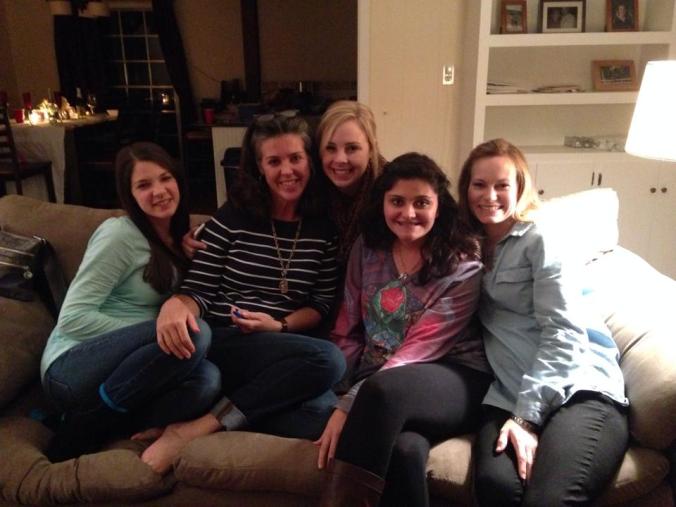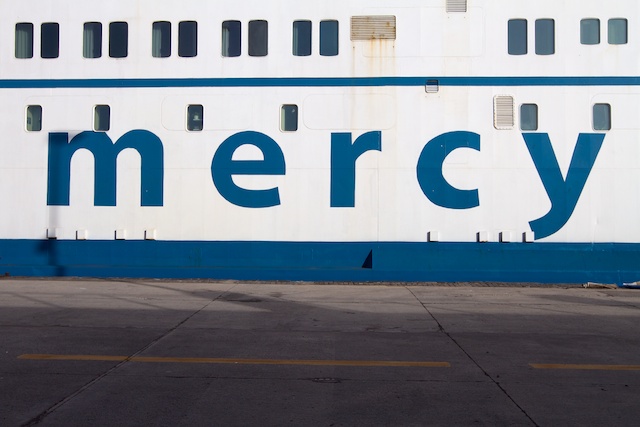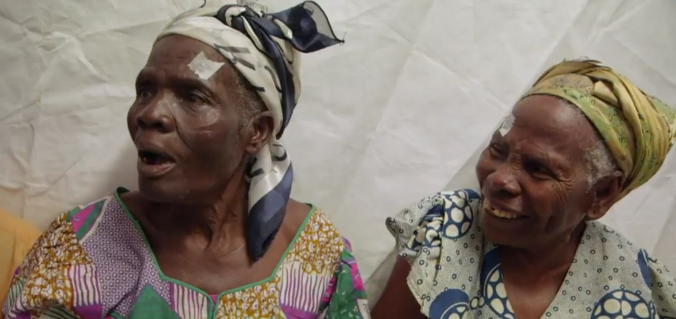“When you learn everything about somebody without actually doing things with them, there’s a name for that – it’s called stalking. I don’t want to stalk Jesus anymore.”
-Bob Goff, author of NYT Bestseller Love Does.
Every Thursday morning, Bob Goff and a few of his buddies meet for breakfast – they have for years. They eat pancakes, talk about their lives and pray for each other. Before they leave, they pick one scripture from the Bible and commit to doing it all week. The next week, they tell each other what happened.
They don’t call it Bible study. They call it Bible doing. After all, the scriptures say, don’t just be hearers of the word, be doers. In other words, be lovers not stalkers.
Love Dinner is a Bible doing.
 Every month, six to eight of us gather around my dining room table. We light candles, eat, sigh, take off our masks and get down to the way things are. Once we’ve prayed all of it right to the feet of Jesus, we take the focus off ourselves and level it on those around us, leaning in to Jesus’ second major command – Love your neighbor as yourself.
Every month, six to eight of us gather around my dining room table. We light candles, eat, sigh, take off our masks and get down to the way things are. Once we’ve prayed all of it right to the feet of Jesus, we take the focus off ourselves and level it on those around us, leaning in to Jesus’ second major command – Love your neighbor as yourself.
Simple.
Papa Don Stephens, founder of Mercy Ships, knows a thing or two about loving God and loving others. He told a story yesterday, from his recent trip to the Democratic Republic of Congo, that’s a perfect example.
He was in Kinshasa for a national prayer breakfast with a number of important heads of state. The day before he was speaking at a seminar about what bringing hope and healing to the forgotten poor looks like for Mercy Ships.
As Don spoke about the facial tumors our surgeons remove, freeing people from terrible deformity, rejection and sometimes death, (you can watch a 60 Minutes segment about that here) someone in the crowd raised their hand.
That person mentioned a local police officer in Kinshasa who suffers with one of those tumors. The man is known around town as “the honest policeman.” From the podium, Don asked the attendees, mostly local, to raise their hands if they knew this man. Many did.
Don said he could feel the Holy Spirit reminding him how Jesus healed people – one by one, picking them out of crowds. The problem is, the ship is on the other side of the African continent now, in Madagascar. Don explained this and asked the crowd. What can we do?

Photo Credit: Justine Forrest
People reached into their pockets and together pooled $1100 to fly the honest policeman to the Africa Mercy, so our volunteer plastic surgeons can remove his tumor. This wasn’t a seminar in Dallas mind you. This was in Kinshasa, capital city of the nation which, on the Human Development index, ranks second to last on earth.
Don called it a miracle.
People love stories like this because they are conceivable – we can imagine ourselves living them.
Most of us want to live a better story, one wherein we gain the deep satisfaction that comes only through loving other people more. It’s an amazing thing to link arms with strangers to perform some small kindness that sends shock waves through a family in Kinshasa, and ripples through eternity.
And that’s exactly what Love Dinner is for. It’s a platform from which we can dive headlong into the radical lives Jesus died for us to live. And it’s fine if our initial steps are small.
Starting Love Dinner was a small step I took 100% out of trust and obedience, because I felt like God was saying: Answer the question “what is there to do?” and “How do I do it.”
Don Stephens has been doing this for decades, he’s a pro. That’s why I know, someday, I’m going to hear a story from the Africa Mercy about a policeman from Kinshasa – a man who knows in his bones that God sees him and loves him.
And when it happens, I promise to tell you all about it.
Want to do Love Dinner with us? Comment below.


